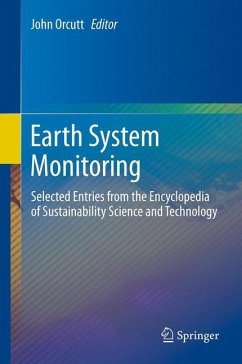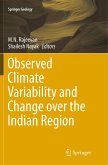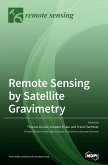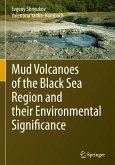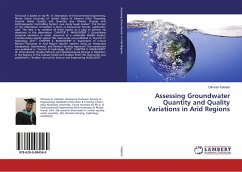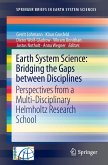These 19 authoritative, peer-reviewed entries from the Encyclopedia of Sustainability Science and Technology cover a wealth of data-collection systems, ranging from remote sensing to ocean-based monitoring stations. The volume includes a full glossary.
Modern Earth System Monitoring represents a fundamental change in the way scientists study the Earth System. In Oceanography, for the past two centuries, ships have provided the platforms for observing. Expeditions on the continents and Earth's poles are land-based analogues. Fundamental understanding of current systems, climate, natural hazards, and ecosystems has been greatly advanced. While these approaches have been remarkably successful, the need to establish measurements over time can only be made using Earth observations and observatories with exacting standards and continuous data. The 19 peer-reviewed contributions in this volume provide early insights into this emerging view of Earth in both space and time in which change is a critical component of our growing understanding.
Modern Earth System Monitoring represents a fundamental change in the way scientists study the Earth System. In Oceanography, for the past two centuries, ships have provided the platforms for observing. Expeditions on the continents and Earth's poles are land-based analogues. Fundamental understanding of current systems, climate, natural hazards, and ecosystems has been greatly advanced. While these approaches have been remarkably successful, the need to establish measurements over time can only be made using Earth observations and observatories with exacting standards and continuous data. The 19 peer-reviewed contributions in this volume provide early insights into this emerging view of Earth in both space and time in which change is a critical component of our growing understanding.

